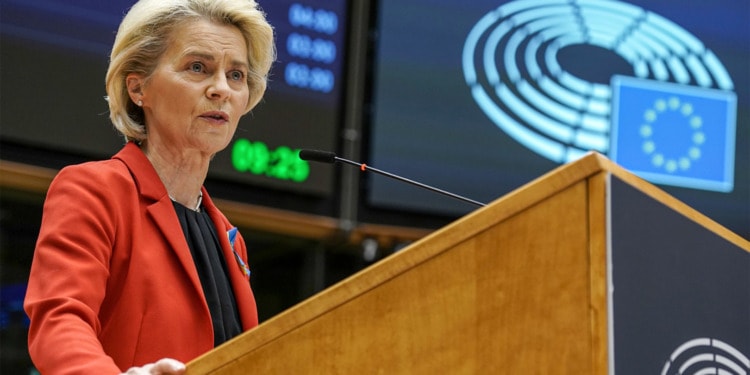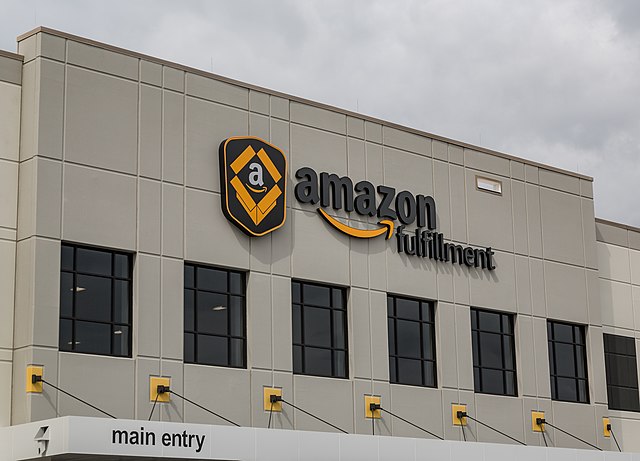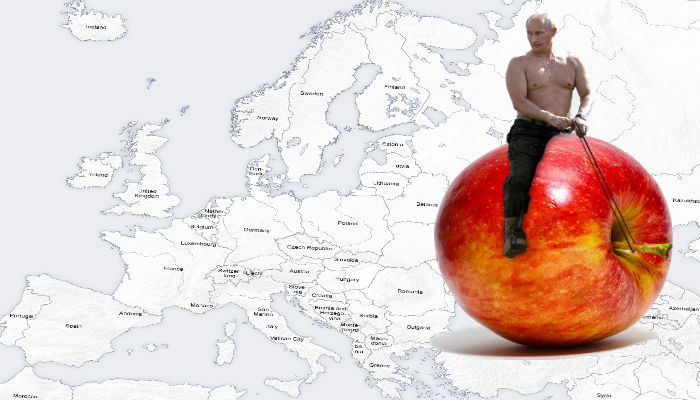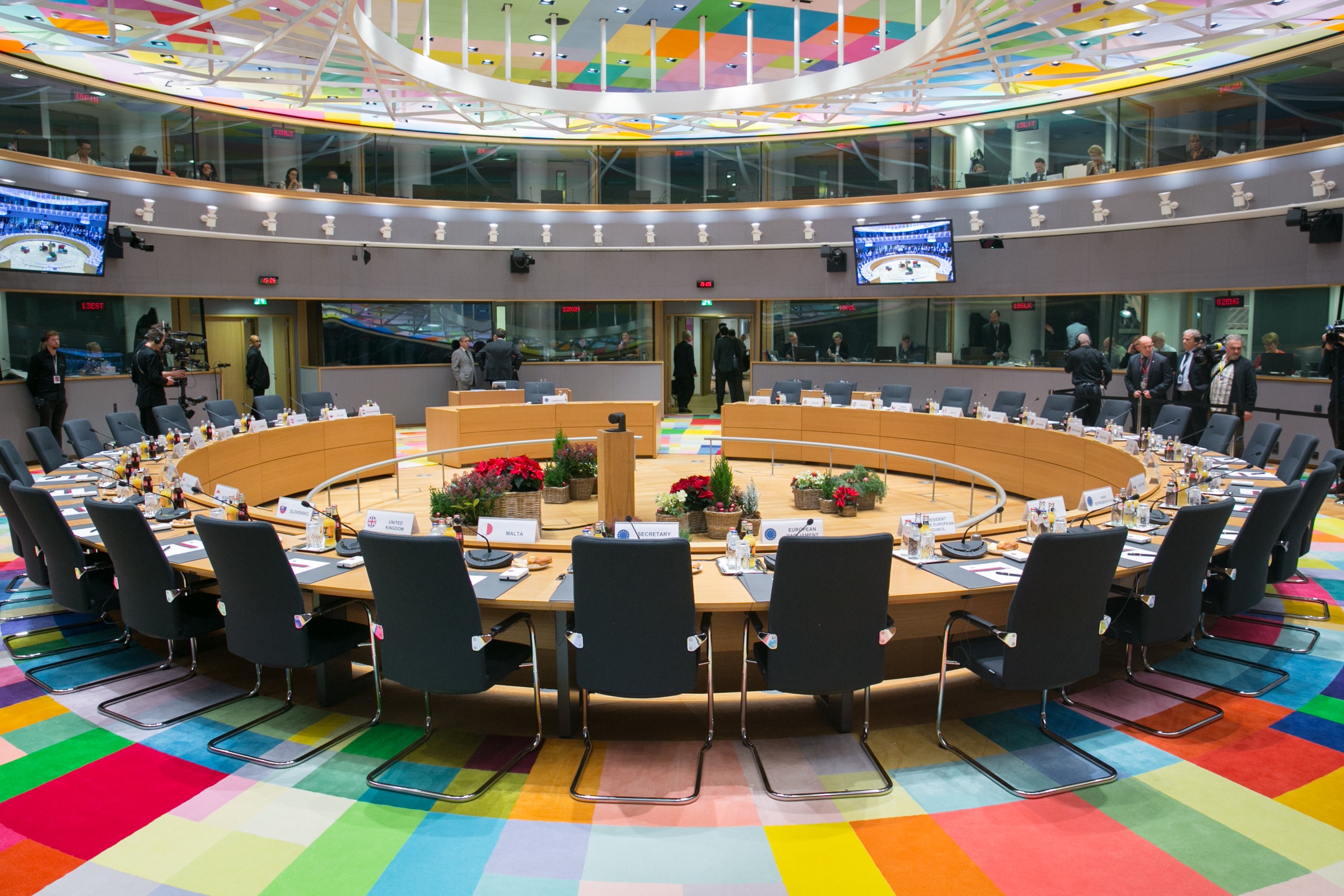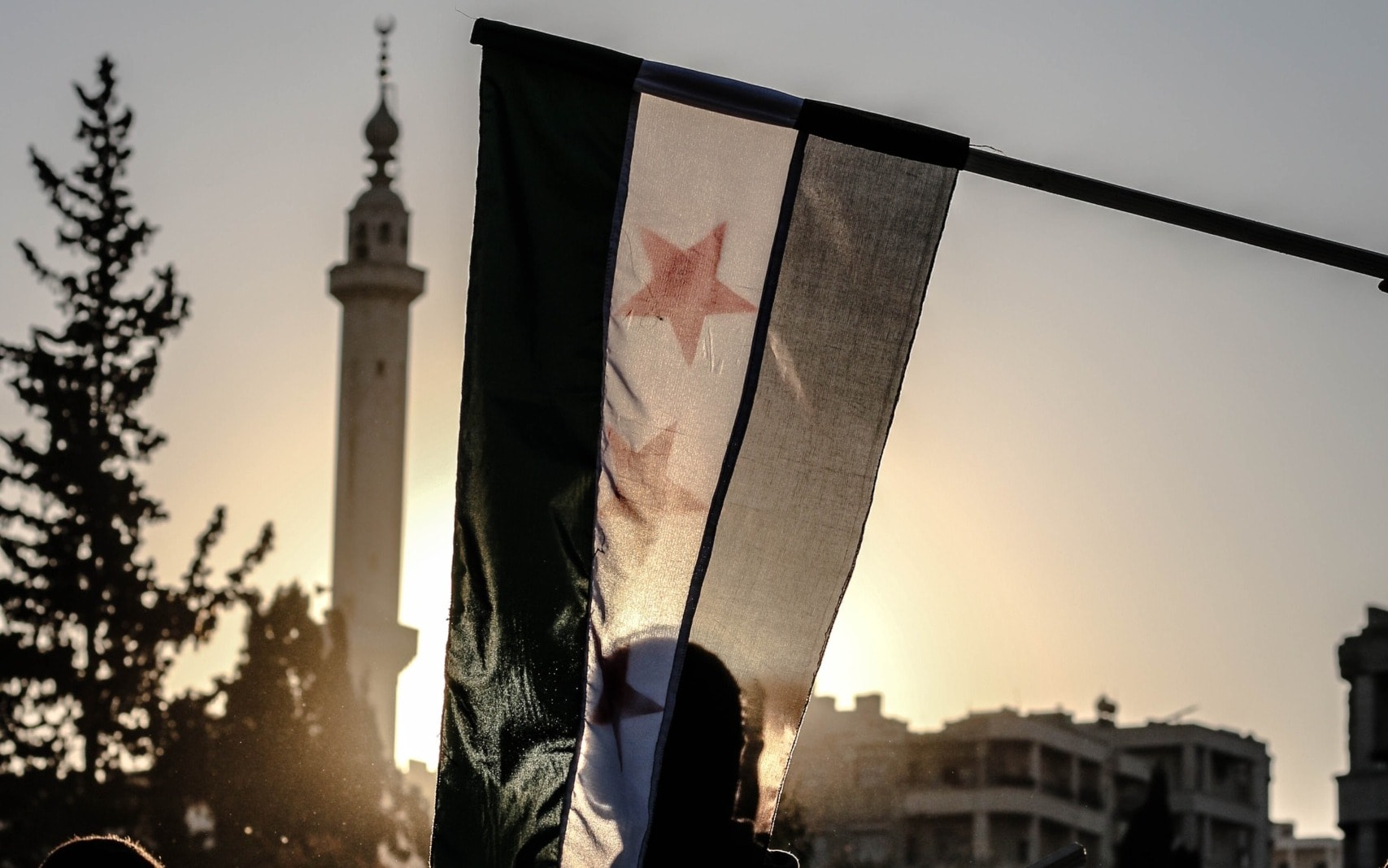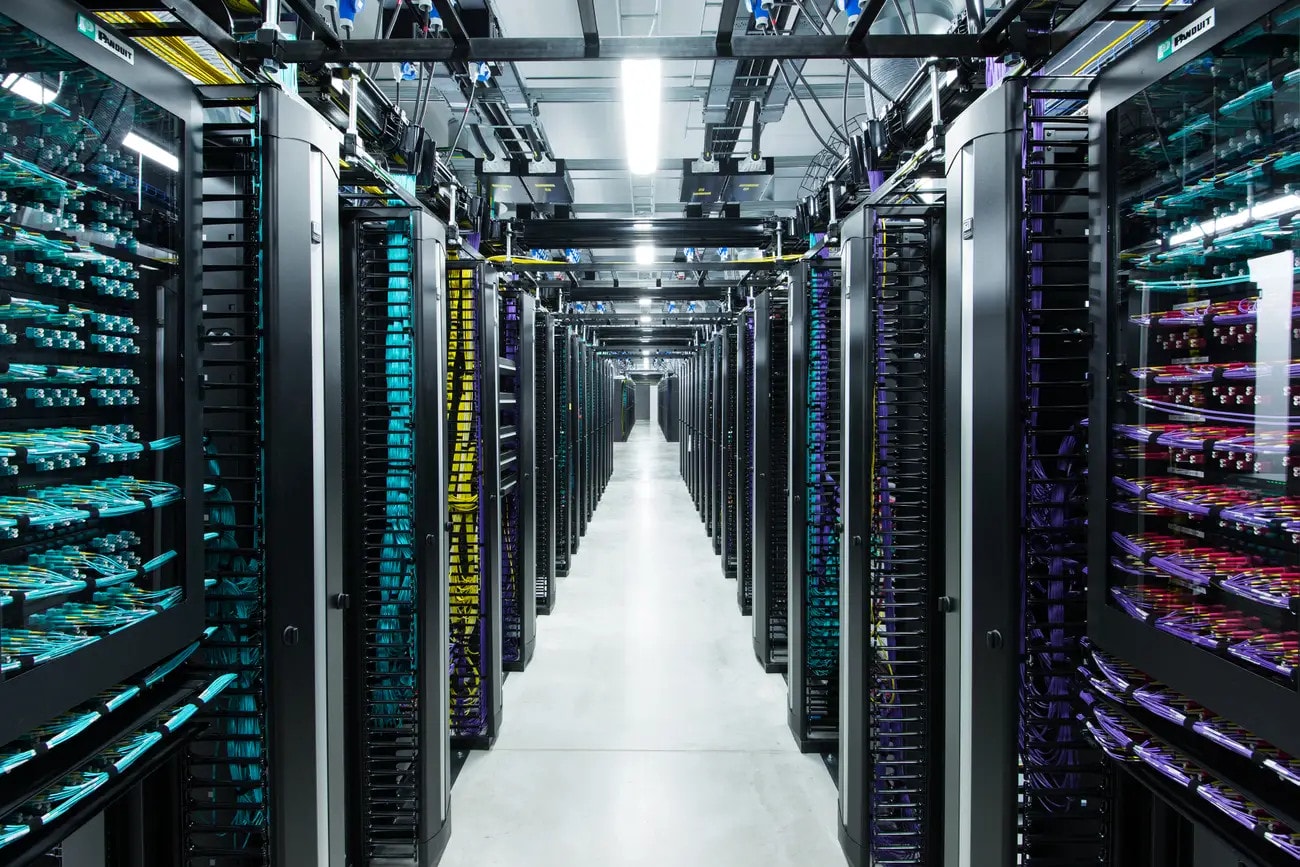EU leaders met in Brussels on Monday to discuss the sixth package of sanctions against Russia to increase economic pressure on the country as the Kremlin’s offensive in eastern Ukraine intensifies. Late-night talks finally led to an agreement on a partial ban impacting over two-thirds of Russian oil imports, which president of the European Council Charles Michel said would cut “a huge source of financing for [Russia’s] war machine.”
The EU’s foreign policy chief Joseph Borrell Fontelles called the deal a “landmark decision to cripple Putin’s war machine,” echoing Michel in salute to European “unity” in face of Russia’s aggression.
Welcome decision of EU leaders #EUCO to ban Russian oil.
A landmark decision to cripple Putin’s war machine.Our unity is our strength. #StopPutinsWar
— Josep Borrell Fontelles (@JosepBorrellF) May 30, 2022
However, European claims of a strong and united front against Russia clash with a reality altogether different. Weeks of intense haggling revealed internal fractures as Hungary persistently opposed any agreement on a total oil ban and Turkey vetoed Finland and Sweden’s NATO membership.
The compromise reached shortly before midnight on Monday endorses an embargo on Russian oil travelling by boat into the EU but exempts imports delivered by the Soviet-era Druzhba pipeline from Siberia to Hungary, Poland, Slovakia, Slovenia, and the Czech Republic.
The question of Russian natural gas imports remains to be addressed and several EU leaders are already calling for a seventh sanctions package which would focus on this other pivot of the Russian economy.
A difficult compromise: Hungary, Slovakia, and the Czech Republic to continue importing Russian oil via pipeline
As transportation by tankers is the principal mean of delivery for Russian oil, an embargo on seaborne oil “immediately covers more than two-third of oil imports,” according to Michel. President of the European Commission Ursula von der Leyen added the ban would “effectively cut around 90% of oil imports from Russia to the EU by the end of the year” as Poland and Germany have pledged to wean off pipeline oil by that time.
To date, Hungary, Slovakia, and the Czech Republic have made no such similar commitment and no end date to their exemption rights has been agreed upon.
Hungary’s nationalist prime minister Viktor Orban, long considered a Putin ally, has been holding up discussions on an oil ban for weeks, saying such an embargo would have the effect of an “atomic bomb” on the Hungarian economy.
The country is dependent on the Druzhba pipeline for 65% of the oil used for its petroleum production. As Druzhba runs through war-torn Ukraine, Orban has demanded additional guarantees from the EU that Hungary will get access to sufficient Middle Eastern and North African oil in case an “accident” cuts off the Soviet-era pipeline.
Hungary asked for their exemption rights to last for four years while the government finds alternative oil supplies. The EU has also accepted to discuss Orban’s demand for funding worth €800 million in a separate row involving a Brussels order for Hungary to overrule legislation outlawing the “promotion” of LGBTQ+ rights.
In addition to Hungary’s wrangling, the first day of the EU summit saw wider divisions emerge over the impact of energy sanctions.
Latvia’s prime minister Krisjanis Karins criticized the EU’s slow progress in endorsing the latest sanctions package, allowing itself to get “bogged down” in rows over details and individual demands while Ukraine is fighting for survival: “We have to starve Russia of the funds to continue funding the war. We’re getting a little bogged down and we’re forgetting the big picture. It’s only money, the Ukrainians are paying with their lives. If each European country only thinks about itself then we will never move forward.”
Other European countries including Italy, Spain, Belgium, the Netherlands, and the Baltic states have voiced their concerns over the exemption on pipeline oil creating a distortion effect on the EU market as it grants an unfair advantage to the countries that benefit from it. They eventually brushed their reservations aside as securing a deal became a political imperative after over a month of stalled discussions.
Addressing the EU leaders by video link as they gathered on Monday, president of Ukraine Volodymyr Zelensky called for member nations to put their differences aside and work towards a stronger, more cohesive stance: “Europe must show strength because Russian only perceives power as an argument. All quarrels in Europe must end, internal disputes that only encourage Russia to put more pressure on you.” He added: “Greater unity is the foundation of this force. And you know it.”
What of Russian gas?
As of yet, the question of Russian natural gas imports has been left out of the sixth sanctions package which essentially focuses on Russian oil – mainly to avoid irking other member nations, including Hungary and Italy, with another layer of energy-related sanctions.
But the matter will have to become the focus of negotiations, and soon, as the Dutch-backed GasTerra announced today that Gazprom will cut off all gas supplies after they’ve refused to pay the Russian state-owned company in rubles. About 15% of Dutch gas comes from Russia.
Danish energy company Ørsted, whose gas invoice to Gazprom was due today, also said it expects a Russian gas shutoff as it has no intention to comply with the Russian ruble decree.
Several EU leaders are calling for a seventh sanctions package targeting Russian natural gas, which for now has only been banned by a handful of individual countries including the US, while others insist the EU must apply the brakes on energy-related sanctions, fearing that the oil ban has been agreed before a full understanding of its consequences was achieved.
Before the war, Russia accounted for 40% of Europe’s gas supplies. Since the start of the war, the price of gas imported from Russia has increased from €20 per megawatt-hour to €120. While soaring energy prices puts a severe strain on populations’ livelihoods worldwide, many countries fear a ban on Russian gas would shatter all chances to fill up their gas stores before winter.
“We talked about oil, under pressure from [the] Baltics and Poland before having done our homework,” a senior EU diplomat said. “Under the pressure of this war we have maybe taken some steps too soon and we are now facing the consequences.”
Related articles: Turkey and Hungary Stall Unity in NATO and the EU | Ukraine-Russia War: Russian Gas is Europe’s Achilles’ Heel | Ukraine War at Top of Agenda in Davos, Climate Change is Next
Will the oil ban be enough to pressure Russia’s economy?
Since Russia invaded Ukraine on February 24, the EU’s 27 member nations have paid Russia a total of €56.5 billion for energy with crude oil supplies making up €30 billion of this revenue.
While the EU negotiates the terms of a sanctions deal, Russian oil shipments continue to flow across the globe unabated as some Asian and European buyers including India and Italy seize the opportunity to buy crude oil at a discount of around $30 a barrel to Brent crude, the international standard.
Kpler, a company tracking oil shipping, revealed that Russian oil production increased by 200,000 barrels a day in May, to 10.2 million barrels a day, compared with April – although this figure remains about 800,000 barrels a day below the February levels. Since the start of the war, the overall level of shipments has stabilized at around 3.5 million barrels a day.
As European countries incrementally wean off Russian oil, the industry may shift its focus onto the Asian market entirely, delaying the negative impacts of European gas and oil embargoes on Russia by years – a time neither Ukraine nor the EU are prepared to afford.
Other sanctions comprised in the sixth package might have a more immediate impact on Russia’s economy. In addition to banning three more Russian state-owned broadcasters and implementing further sanctions against “individuals responsible for war crimes in Ukraine,” EU leaders have agreed to remove access to the SWIFT international payment system for Sberbank, Russia’s largest bank. Without a rapid and secure way to make cross-border payments, Russian banks are likely to face rising transaction costs and important delays. Most importantly, Russia’s ability to pay its dollar-denominated debt to Eurobond holders is compromised.
The Kremlin offered yesterday to pay its dollar-denominated foreign debt using a payment system similar to that used for payments for its gas supplies, meaning Russia is trying to pay its debt in rubles – a move which foreign investors may consider a default.
Russia’s largest bank released a statement on Tuesday saying they are “working as usual despite the new sanctions.”
According to the European Council president Charles Michel, yesterday’s agreement also includes plans for the EU to grant €9 billion to Ukraine to assist post-war reconstruction efforts. Ursula von der Leyen has however warned Ukraine currently needs about €5 billion a month just to maintain basic services, further highlighting the emergency of bringing an end to the conflict as fighting on Ukraine’s eastern border reaches its peak intensity and Russian tactics shift to ominously static warfare.
Editor’s Note: The opinions expressed here by Impakter.com columnists are their own, not those of Impakter.com — In the Featured Photo: Ursula van der Leyen, president of the European Commission, speaks against the Russian invasion of Ukraine at the European Council in March 2022. Featured Photo Credit: European Parliament/Flickr.


